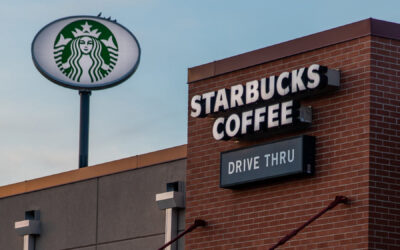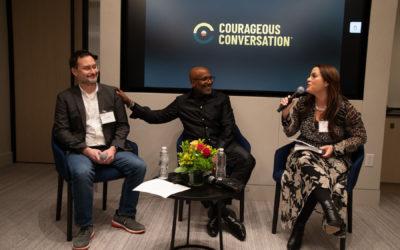By Ibram X. Kendi—April 14, 2020
I grew up in the Christian Church, the second son of two ministers. I’m not one for making biblical references about my life, but I can’t say the same about my father.
Two weeks ago, Dad likened me to John the Baptist, a voice crying out in the wilderness for racial data on the pandemic. I had to remind him that, unlike John, I was not crying out alone. Senator Elizabeth Warren, Representative Ayanna Pressley, and a quintet of black doctors at the University of Virginia had also raised the alarm.
But we were indeed in the wilderness. On April 1, hardly any states, counties, hospitals, or private labs had released the racial demographics of the people who had been tested for, infected with, hospitalized with, or killed by COVID-19. Five days later, citing racial disparities in infection or death rates from five states or counties and the racial demographics of the worst coronavirus hot spots, I speculated that America was facing a racial pandemic within the viral pandemic. But we needed more racial data to know for sure.
Now—after so many Americans joined our chorus, after so many states and counties released their first sets of racial demographic data, after so many data sets showed appalling racial disparities—we know for sure.
At least 29 states have released the racial demographics of confirmed coronavirus cases, death rates, or both, according to the COVID Racial Data Tracker. The tracker, a collaboration between The Atlantic’s COVID Tracking Project and my colleagues at the Antiracist Research and Policy Center, is being developed to track, analyze, and regularly update racial data on the pandemic within the United States. These initial data provide a still-incomplete picture of the national outbreak’s disparities. In 38 percent of the 194,000 cases that these 29 states had reported as of April 12, no racial data were attached. And some states mix racial and ethnic categories in reporting their numbers. But the federal government’s failure to assemble these data has left it to us to produce this resource, however incomplete, for researchers, advocates, and the public.
And the picture keeps looking worse by the day. In New York City’s ground zero, Latinos make up 34 percent of the known deaths from the coronavirus, higher than their 29.1 percent share of the city’s population. Two small Native American pueblos in New Mexico had higher infection rates than any U.S. county as of Friday.
But at this point in the pandemic, the disparities between the size of the black population and the percentage of black people infected with, hospitalized with, or dead from COVID-19 appear to be the most severe. A Washington Post analysis found that majority-black counties had infection rates three times the rate of majority-white counties. A Centers for Disease Control and Prevention analysis of nearly 1,500 hospitalizations across 14 states found that black people made up a third of the hospitalizations, despite accounting for 18 percent of the population in the areas studied. An Associated Press analysis of available death data found that black people constituted 42 percent of the victims, doubling their share of the populations of the states the analysis included. In Louisiana, more than 70 percent of the people who have died so far from COVID-19 were black, more than twice their 32 percent share of the state’s population, and well above the 60 percent share of the population of New Orleans, where the outbreak is worst. In New York, African Americans comprise 9 percent of the state population and 17 percent of the deaths.
Amid all these data drops last week, a few antiracist voices came out of the wilderness, stood a brief moment at the clearing, then were moved back again into the wilderness. Today, the racial disparities are undeniable. But Americans don’t know for sure that there is racism behind those racial disparities. The racism itself remains deniable. So yet again, our voices are crying out in the wilderness for a miracle to save America from its original sin—the sin Americans can’t ever seem to confess.
Read more at The Atlantic.




